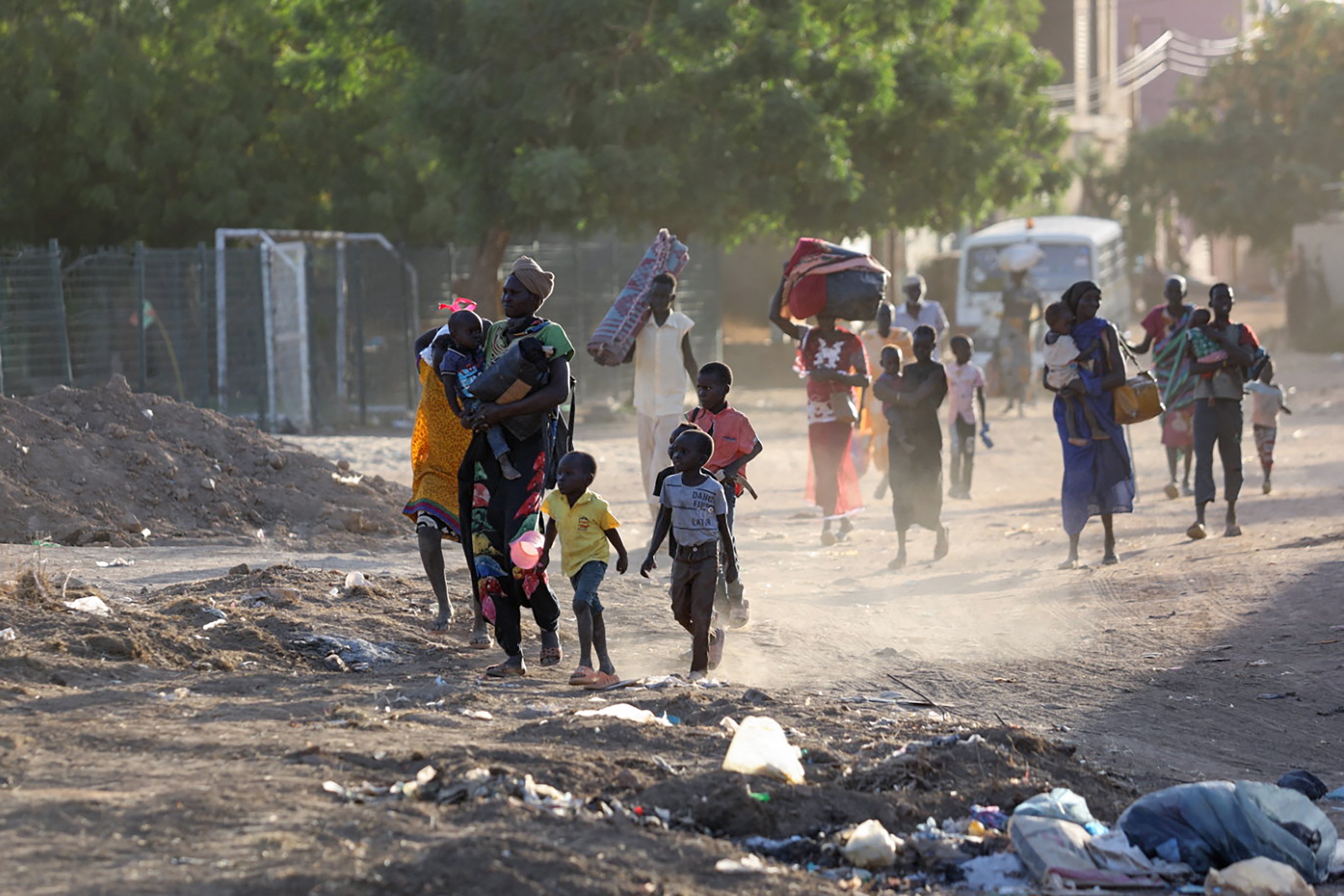
The Senseless War in Its Sixth Month... Civilian Casualties
Abdullah Rizq Abu Simaza
As it enters its sixth month, the ongoing war is characterized by escalating pressure on civilians, resulting in an increasing number of casualties among the dead, wounded, forcibly displaced, and refugees. The recent attacks and counterattacks that dominated most of the past month have concluded without a decisive shift in the balance of power in favor of either side of the conflict (as noted by the UN envoy Volker Perthes in his recent briefing to the UN Security Council last week).
Even the release of General Abdul Fattah Al-Burhan from the General Command siege, one of the most significant events of the past month, was not the result of a dramatic development in the course of the war. Instead, it was the outcome of regional and international consensus, as stated by Major General Fadlallah Burmah Nasser, the head of the Umma Party, supported by Dr. Mohamed Wad al-Batat, the African Union official, and exploited by Al-Burhan.
The recent period has been marked by a surge in civilian casualties from indiscriminate aerial and artillery attacks, indicating that the war has reached a dead-end tunnel, with no way out except to unleash its senselessness. This is the tragedy of civilian casualties.
After a period of indifference, it was revealed that the United States, a major sponsor of efforts to resolve the crises of October 25, 2022, and April 15, 2023, expressed deep concern about the recent increase in indiscriminate aerial and artillery attacks in Sudan, including in the states of Khartoum, South Darfur, and South Kordofan, resulting in a large number of casualties among civilians. Describing these attacks as indiscriminate may be an understatement!
With the stalling of the negotiating process in Jeddah, which once held hope for millions of Sudanese desperate for an end to the war, the international community has become less sensitive to the killing of civilians, appearing helpless and ineffective. Meanwhile, neighboring countries of Sudan have seen intense political and diplomatic activity focused on ending the war, yet the results of this effort, in which Sudanese participated, remain largely on paper.
However, the shift of the center of political activity of many political leaders abroad has weakened the popular movement inside Sudan and hindered the formation of a civilian front against the war. A continued fighting for another month or two, due to the inevitable failure of efforts to halt the war, would expose the country to serious risks, with the United Nations noting that the worst-case scenario includes undermining the possibility of a civilian transition. According to the latest UN mission report, The unity of Sudan and the preservation of its stability are at stake, while ethnic mobilization and an increase in ethnically motivated attacks threaten to plunge the country into a full-scale civil war.
The Sudanese tragedy, receiving tangible attention from the international community, carries a message that transcends political borders. Following the coup in Gabon and the preceding coup in Niger, military coups are becoming a pervasive danger threatening the future of democracy and civilian rule in Africa. There is a new opportunity for African unity to manifest itself in solidarity and joint action across the continents democratic forces to overthrow military regimes, semi-monarchical civil governments, and hereditary rule.

